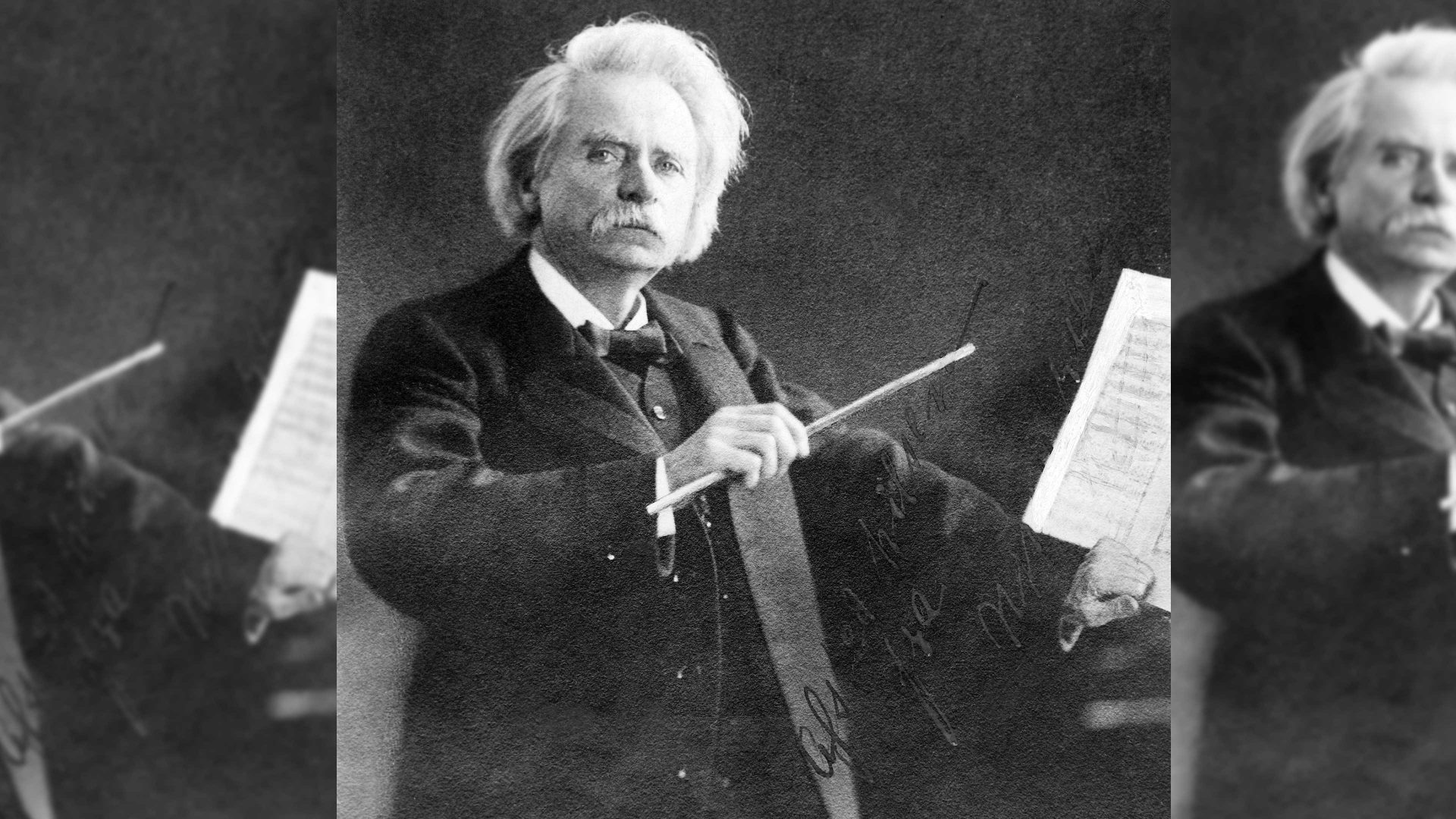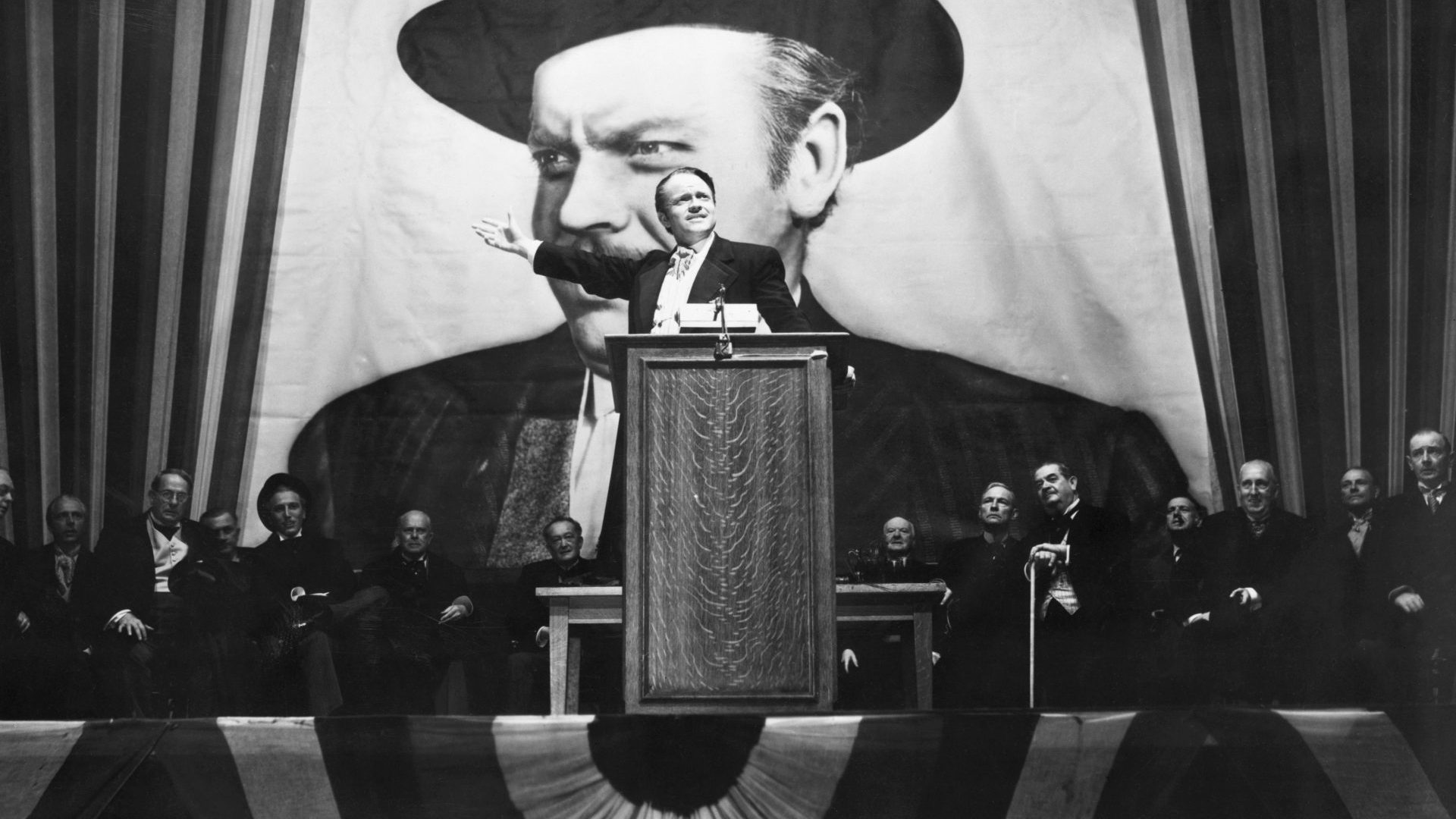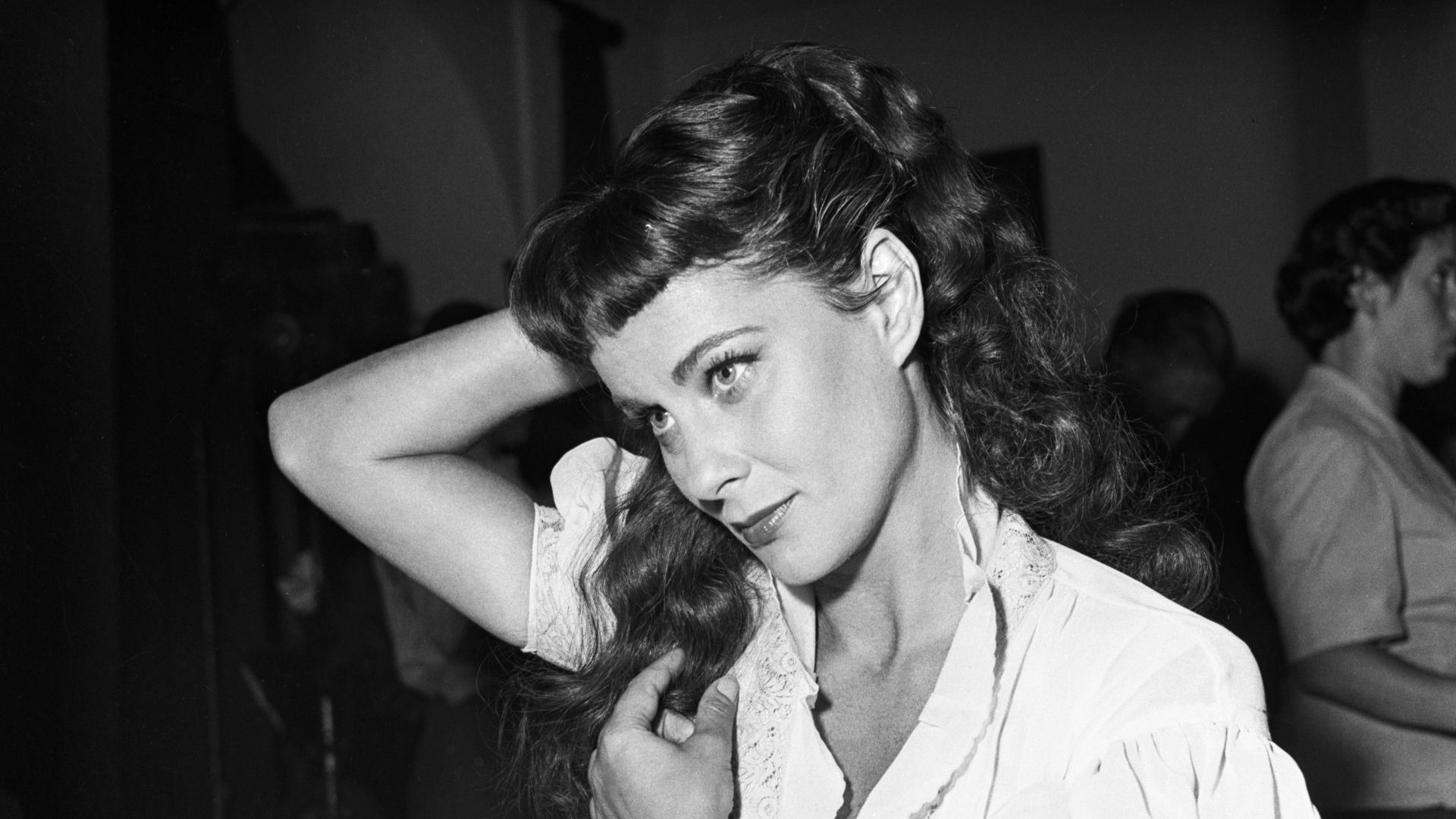Norwegians are rather proud, in their quiet Norwegian sort of way, of their greatest classical composer, Edvard Grieg.
His piano concerto, and the incidental music to Henrik Ibsen’s play Peer Gynt, are just two of his best-known works. He was to Norwegian music what Jean (Johan) Sibelius was to Finnish music and Friedrich (Bedřich) Smetana was to Czech: they all helped to develop a distinctively national form of music.
In Norway, Grieg’s name is not pronounced “Greeg”, as we normally have it in the English-speaking world, but rather “Grigg”. You might suppose that this is because it is a Norwegian-language name and we as anglophones just get it wrong. But in fact Grieg is not in origin a Norwegian name anyway – it is actually Scottish.
And in any case, Edvard’s family name was not really Grieg at all but Greig, a not uncommon surname in Scotland, where it is normally (and surprisingly for outsiders) pronounced “Gregg”.
There are a number of well-known Scottish-origin personalities who bear the name Greig. One is the actress Tamsin Greig, who, amongst her many distinguished stage and TV roles, has for many years played Debbie Aldridge in the BBC Radio 4 soap opera The Archers.
Then there are sporting personalities, including the famous Scotland and Rangers footballer John Greig. Cricket lovers will recall the South African-born all-rounder Tony Greig (1946–2012), who qualified to play for England by reason of having a British (specifically, Scottish) father, and who ended up acting as the captain of the England team. There is even a suggestion that Tony Greig might have been related to Edvard Grieg. Well, maybe – they did both have Scottish forebears.
Edvard’s Scottish grandfather emigrated to Bergen, Norway, after the 1746 Battle of Culloden, which saw the total defeat of the Gaelic-speaking Highland clans at the hands of the British army. He eventually became the British consul in Bergen, as did his son Alexander, Grieg’s father, after him.
There is a well-known and widely accepted story that after emigration Grieg’s grandfather changed the spelling from Greig to Grieg in order to encourage his new Norwegian compatriots to pronounce the name in the usual Scottish way. But this does not make sense. If you want Norwegians to say “Greg”, you do not spell it “Grieg”. That gives you “Grigg,” as we just saw.
But there is another possible explanation for the changed spelling of the composer’s family name: the spelling “Grieg” was already in existence, as one of a number of variants before his family emigrated to Norway. The Oxford Dictionary of Family Names in Britain and Ireland lists spellings of the Greig surname in Scottish records that include Grige from Aberdeen, Grege from Leith, Griegg from Fife and, crucially, an Elspeth Grieg, who was registered as being born in Fife in 1633. The form Grieg could have been taken to Norway directly from Scotland.
Originally, the composer’s Scottish family came from the Fraserburgh area of the east coast of Scotland, between Inverness and Aberdeen. Their clan name was originally the Gaelic Mac Ghriogair, which is usually anglicised as MacGregor or simply Gregor.
It is amusing to think MacGregor’s Piano Concerto in A minor could rather easily have become one of the standard pieces in the international classical piano repertoire.
ABERDEEN
The Aber- in Aberdeen (Scotland, and the Aber- in Aberystwyth (Wales), are the same word. The meaning is “river mouth”. The Scottish name Aberdeen dates from the days when the British Celtic ancestor of Welsh, Brittonic, was spoken all over Scotland prior to Gaelic taking over. The Gaelic equivalent to Aber- is Inver- as in Inverness.




